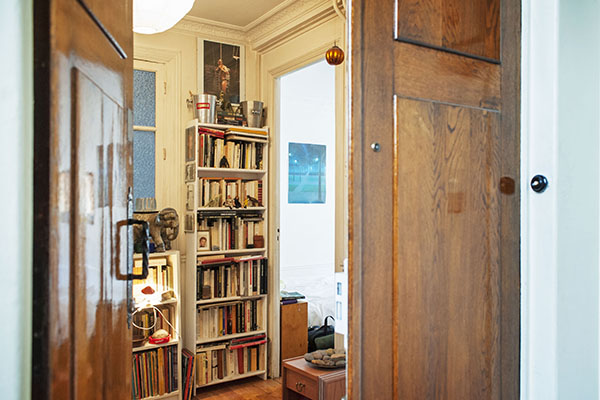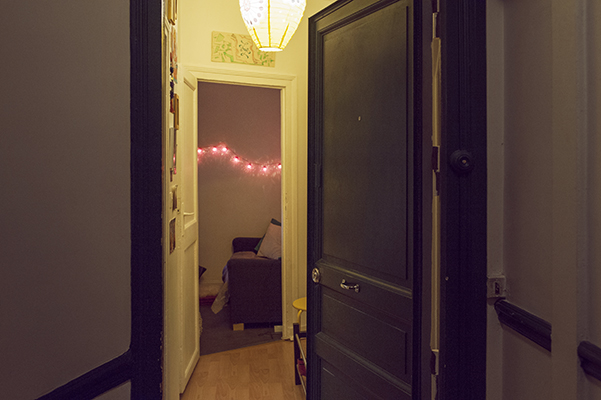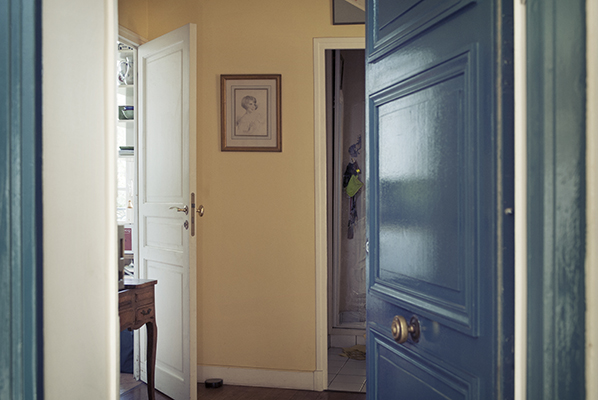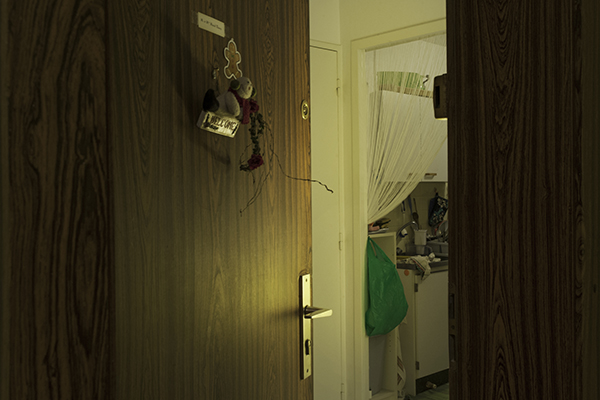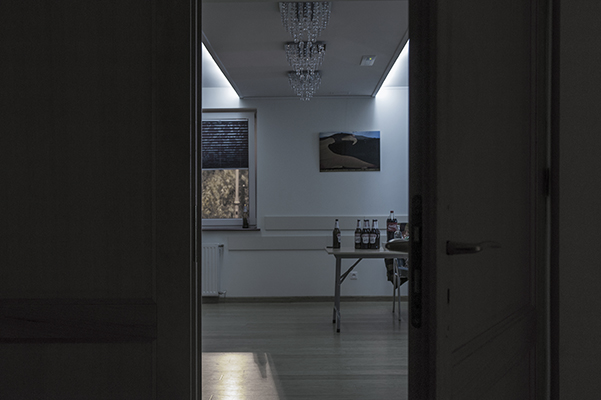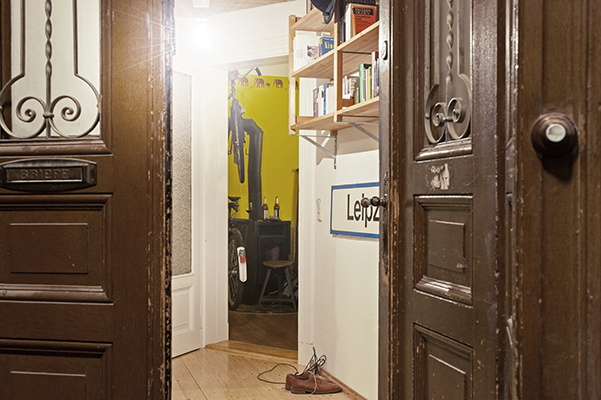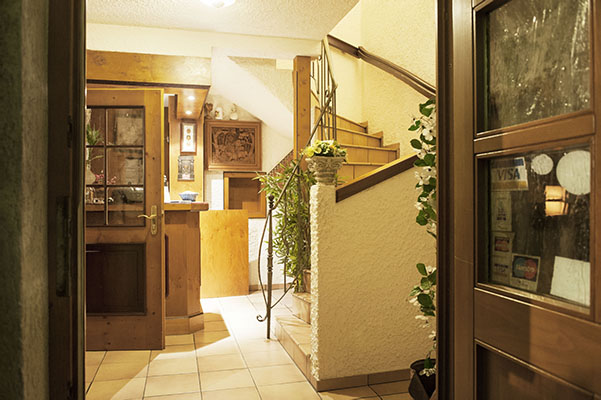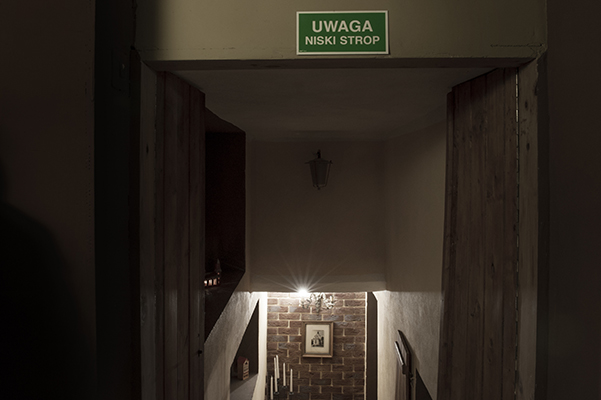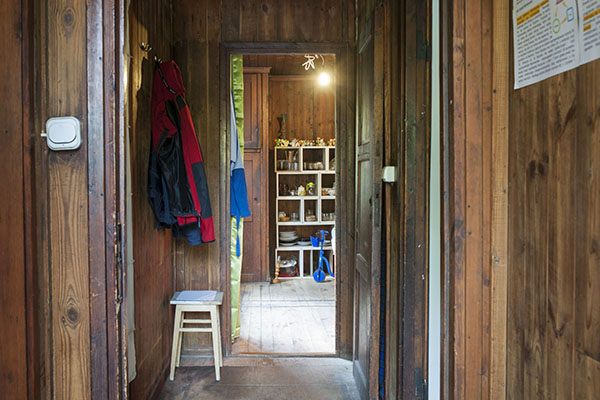From 2016 until 2019, Random Institute ran the curatorial program of the international contemporary art center Despacio in San José, Costa Rica.
This site was coded by Sarvesh Dwivedi and Emmanouil Zoumpoulakis and designed by Sandino Scheidegger.
Lonely us
A play is announced at a theatre, to which twelve tickets are sold. The night of the play, twelve taxis await the spectators in front of the venue, bringing each guest to a host suffering from loneliness who has volunteered to share their company, and their personal story of solitude, for an hour and a half.
ThoughtsThoughts
In these hidden theatres, stories of solitude come to life, building memories through an exchange that is both intimate and stripped of aesthetic distance: a dialogue between two people. Once the night has come to an end, the spectators are driven back to the theatre and the hosts are left alone, giving way to a new, shared experience of solitude, colored both by the bustle of social life and the silence of isolation.
No one is free from solitude. It sneaks into our lives, threatening to unravel the group portraits and happy endings we always wish for. But no one is alone in their solitude either. We can share it, make stories of it, build something out of its silence together.
Solitude is a spectrum, and this project aims to explore its varying shades through a reconfiguration of theatrical space. By breaking down the safety of the crowd, the seal of isolation, as well as by rethinking the cast, actors, and stage typically occupied by a play, this project will seek to follow new paths in and out of solitude.
The host’s home will serve as the play’s decor, and its dialogue will be entirely improvised between a host and visiting spectator. Each of these twelve scenes will create a rare, improvised moment between an ensemble cast, working towards an unknown harmony like twelve choristers in a Greek tragedy. The stories they tell will be those borne by the meeting of strangers, alone together for the first time, in an invisible theatre spread across an entire city.
InformationInformation
This play has never been realized. It was originally conceived for the 2018 Belluard Festival in Fribourg, Switzerland and was rejected.
Just like authors have unpublished novels in their drawers, every curator has exhibition ideas stashed away in secret folders on their MacBook Pro or scribbled into half-empty notebooks. These can range from plans for quiet performances to wild nights out, and everything in between. In an effort to give old ideas new life, Random Institute regularly releases some of these failed or unrealized projects online. Some weren’t ripe yet, some were flat-out rejected, and some just didn’t make any sense at all. But each of them brought us new ideas, and we hope they’ll find a home someday or catch some digital flâneur’s eye here on the world wide web.
